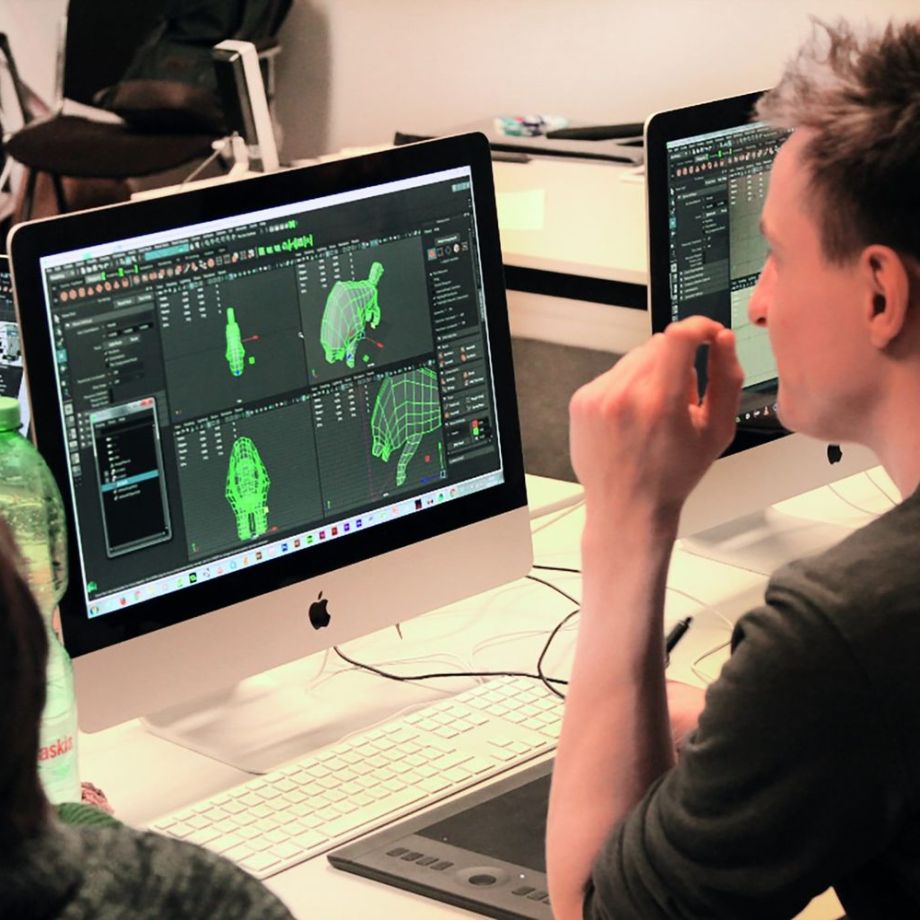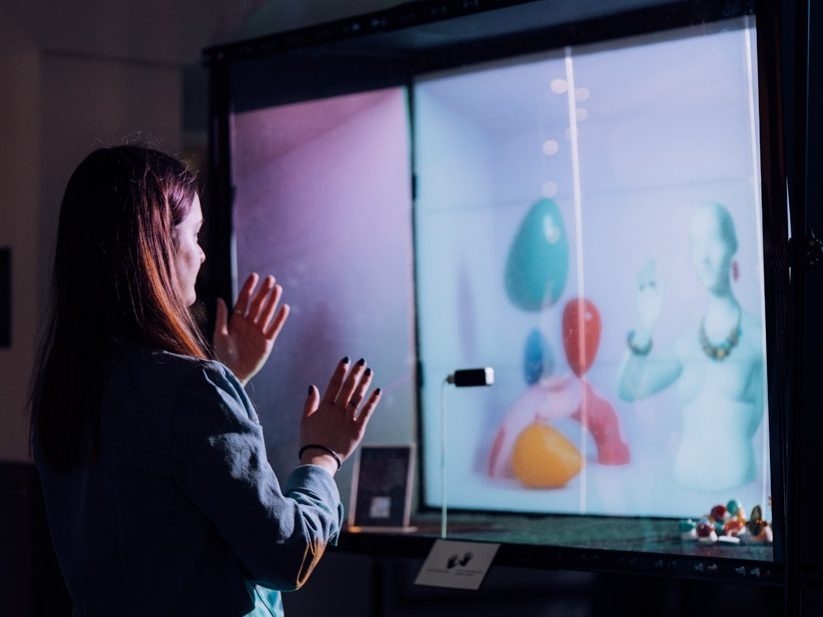
In the world of artificial intelligence, generative AI for career advancement is revolutionizing how we create, innovate, and solve complex problems. Whether it’s crafting unique architectural structures, generating hyper-realistic digital art or optimising engineering solutions, this field is blurring the lines between human creativity and machine intelligence. Creative industries certainly aren’t isolated from the impacts of AI – 26% of work tasks across design and the arts could be automated soon.
But what does this mean for your career? If you’re considering a generative AI career, you’re looking at a future filled with exciting opportunities across industries that are evolving faster than ever.

Breaking Down Generative Design and AI
Meanwhile, generative AI focuses on creating content – whether that’s text, images, code or even music – based on patterns learned from vast datasets. This is the same technology that helps ChatGPT write and DALL·E paint, but its potential applications extend to a world of creative possibilities.
Together, generative design & AI are revolutionizing industries by automating tasks and enhancing human creativity. Whether it's reimagining consumer products or fundamentally changing how we approach building design, these technologies are rapidly moving from optional to indispensable. As a result, skills in generative AI career opportunities are in high demand, making this an excellent area of study for future career success.

Why Pursue a Master's in Generative Design and AI?
By enrolling in a generative design & AI course, you’ll gain hands-on experience using the latest AI tools and techniques, preparing you for industries that are actively seeking AI-driven design professionals. The ability to automate complex design tasks, analyze large datasets, and generate new ideas at scale gives you an edge in fields ranging from architecture to entertainment.
Beyond technical know-how, a generative AI master fosters innovation and adaptability – two qualities that are invaluable in a rapidly changing job market. You’ll develop problem-solving abilities that allow you to create AI-powered solutions to real-world challenges, setting you apart from other professionals in your field.
What it Takes to Succeed on the Generative AI Career path
Thriving in generative design and AI requires a balance of technical know-how and creative problem-solving. Mastery of programming languages like Python or JavaScript is essential for implementing AI models, while a strong foundation in machine learning and data science enables you to make sense of vast amounts of information.
But technical skills alone won’t cut it. Design thinking is just as crucial, helping you approach challenges from a user-focused perspective and ensuring that AI-generated solutions are both practical and innovative. Adaptability is also key – AI is constantly evolving, and staying ahead of new developments will be critical to your long-term success. If you’re excited by experimentation and pushing boundaries, this could be the right path for you.
Industries Looking for Generative AI Experts
The demand for professionals skilled in AI-driven generative design is growing across a wide range of industries:
- Architecture and urban planning: AI-driven generative design market is transforming how buildings and cities are conceptualized. Architects use these tools to generate sustainable, efficient, and aesthetically pleasing structures that optimize space and energy consumption.
- Automotive and aerospace: Engineers leverage generative AI career opportunities to design lightweight, high-performance components, improving vehicle aerodynamics and fuel efficiency. AI-driven simulations allow for faster prototyping and innovative material usage.
- Fashion and product design: AI-generated fashion patterns and sustainable materials are revolutionizing the industry. Designers can use AI-driven generative design to explore countless variations of fabrics, styles, and colors, reducing waste and streamlining production.
- Entertainment and gaming: AI is used to generate hyper-realistic environments, procedural animations and even AI-driven storytelling. This speeds up production while enhancing the immersive quality of games, films and virtual experiences.
- Healthcare and biotechnology: Generative AI is helping design personalised prosthetics, predict drug formulations and improve medical imaging techniques. These advancements are making healthcare more tailored and effective than ever before.
Generative AI careers: Where can this Degree Take you?
With AI-driven generative design skills applicable across so many different industries, a master’s in this field opens doors to a variety of roles:
- Generative design specialist: You’ll develop AI-driven design solutions across industries, working with advanced software to optimise architectural structures, consumer products and industrial components.
- Artificial intelligence engineer: AI engineers build and refine machine learning models that enhance automation and decision-making. In this role, you’ll work with neural networks and deep learning techniques to develop new AI applications.
- Product designer with AI expertise: In this role, you’ll integrate AI tools into the design process to create innovative products. Whether it’s user-friendly digital interfaces or AI-generated fashion, your work will push the boundaries of traditional product development.
- AI research scientist: If you’re passionate about pushing the boundaries of AI, this role involves developing new generative AI models, conducting experiments and refining machine learning techniques for real-world applications.
- Data scientist for generative AI: You’ll work with massive datasets to train and optimize AI models, ensuring that AI-driven generative design applications are accurate, efficient, and adaptable.
- Creative AI developer: In this role, you’ll design AI-driven tools that assist in art, music, storytelling and digital media, bridging the gap between creativity and technology.
Generative AI career opportunities are reshaping industries and creating incredible career paths. A generative AI master equips you with the skills needed to lead this revolution, ensuring that you’re not just keeping up with technological advancements but actively driving them. Ready to explore the possibilities? Check out UE’s MA Generative Design & AI course and see where a future in generative AI could take you.
FAQ's
